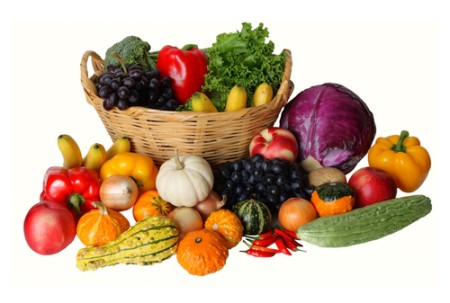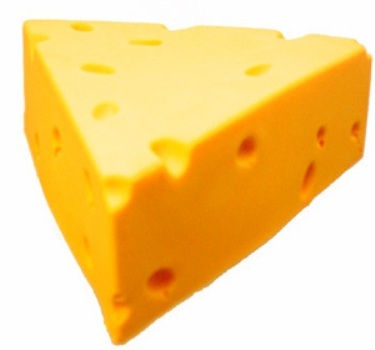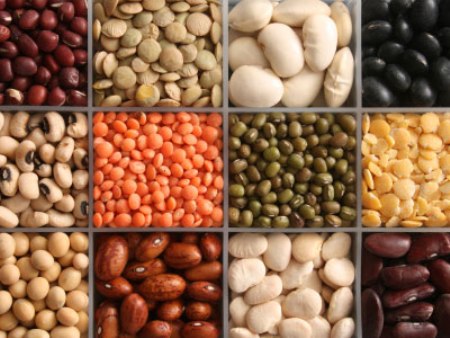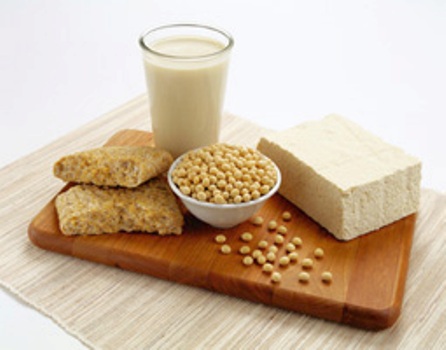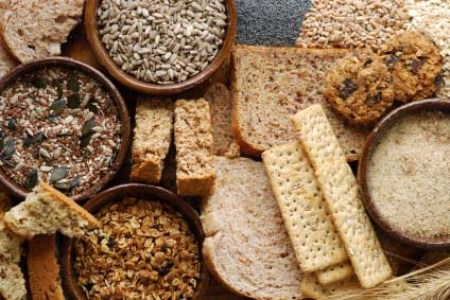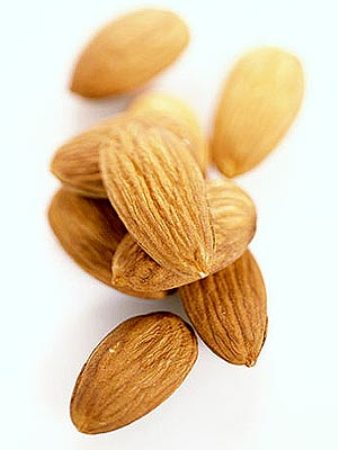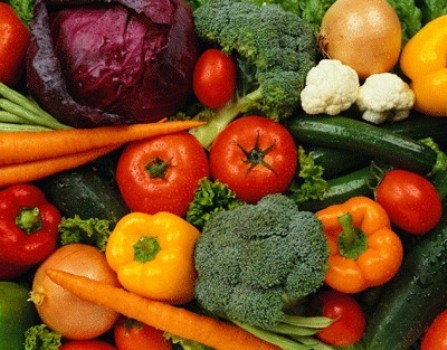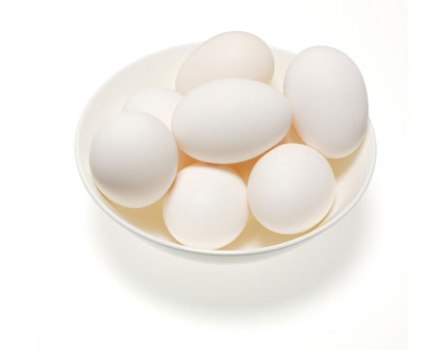Lysine or L-lysine is an amino acid that is very important for the human body. Lysine creates the foundation of protein production in the body, it helps the body absorb calcium and also helps the body to create energy from fatty acids. Lysine is also important and required for the growth and strength of bone and cartilage. But human body is unable to produce lysine of its own and hence lysine must be absorbed by the body from foods that contain it. As per experts, the daily requirement of lysine of an average adult is around 750 to 1,000 mg which you can acquire through foods that are rich in lysine.
Meat
Meat of almost all varieties is a good source of lysine. Beef, chicken and pork are the richest in lysine among all the other varieties of meat. Other sources of animal protein that can provide you with a good amount of lysine are turkey and duck. But since too much of animal protein in a day can result in various kinds of physical troubles and ailments, therefore you should limit your consumption of meat and fulfill your lysine requirement with the combination of other lysine rich foods. While choosing your meat you should follow certain rules. Choose your beef as per the leanness and it should necessarily be trimmed out of fat. Go for lean cut pork such as loin chops so that the fat is reduced in it. You can include a healthy amount of meat in your daily diet and that would take care of a major portion of your lysine requirement.
Cheese
Cheese is a great source of lysine. Parmesan cheese is the best source of the amino acid out of all the varieties of cheese available. Parmesan cheese can provide you with around 1673 mg of lysine in a 1.76 oz. serving. While a 1.76 oz. serving of Colby cheese can provide you with approximately 1002 mg of lysine, a 1.76 oz. serving of grated mozzarella cheese can bring you the benefit of around 1248 mg of lysine. Apart from that, cottage cheese is also a strong source of the amino acid with 300 mg of lysine contained in each cup cottage cheese served to you. Other cheese varieties that offer lysine in good amount are cheddar, Swiss, cream cheese, blue cheese, etc. It has been found that a normal serving of cheese can provide an average adult with around 200 percent of the daily requirement of lysine.
Fish
Fish is a very good and healthy source of lysine. Fish such as cod, flounder, sardine, tuna, tilapia or pike provide you with a good dose of your daily requirement of lysine. A 3 oz. serving of the tuna fish offers 1992mg of lysine, i.e., almost double of the daily requirement of lysine of an average adult. You can also get sufficient lysine from shellfish like lobster, crab, clams, shrimp, oysters, abalone, etc. For instance, a 3.52 oz. serving of abalone contains 1282mg of lysine, i.e., much more than the daily bodily requirement of an individual. Fish is a healthy diet and hence you can include it in your regular meal. However, certain people are allergic to shellfish and therefore they should avoid consumption of the same.
Legumes – Beans, Lentils and Peas
Legumes such as peas, lentils and beans are another source of lysine. Legumes usually contain quite high amount of lysine. In fact, legumes offer the highest amount of lysine that you can avail from plant source. For example, a 3.5 oz serving of green peas provides you with 317 mg of lysine. However, lentils contain the highest amount of lysine among all the other kinds of legumes with around 624 mg of lysine contained in 1/2 cup of lentils. Lima beans is also said to be quite rich in lysine. Other than these, black beans, kidney beans, pinto beans, soy beans, navy beans, wax beans, garbanzo beans, mung beans and split peas are also good sources of the amino acid. Legumes are easily available and are mostly advised by doctors and nutritionists to include them in regular diet not only for the protein and lysine content but also for many other beneficial nutritional values.
Soy
Soy in almost any form is a rich source of lysine. Soy products, specifically tofu, fat free soy bean flour and isolated soy protein, are exceptionally high in lysine. Apart from that, other soy products such as soy milk, tempeh (a soybean product of Indonesia which is very similar to tofu) and edamame also have high content of the amino acid. It has been found that only half cup of tempeh provides around 754 mg of lysine followed by tofu and edamame which provide 582 mg and 572 mg of lysine respectively for each 1/2 cup of the product. It has also been found that 30 gram of soy protein consumed on a daily basis not only meets the bodily requirement of lysine but also helps to reduce the cholesterol levels of the body. In fact, soy is a healthier alternative of lysine than red meat and can be safely included in your daily diet.
Carbohydrates
Different sources of carbohydrates provide a modest or decent amount of lysine. Foods like oatmeal, corn, rice, spaghetti, white bread, buckwheat, quinoa and whole wheat bread are high in carbohydrates and provide you lysine too. In this group of carbohydrate rich foods, quinoa provides you with the highest quantity of the amino acid. A cup of quinoa contains 442 mg of lysine, while a cup of corn can offer 210 mg of lysine to you. These foods are easily available and have many other benefits than getting your lysine requirement fulfilled. These foods can be incorporated in your daily diet and there is not much restriction to the amount of or way of consuming them.
Nuts
Nuts are also good sources of the amino acid. Brazil nuts, cashew nuts and almonds contain higher quantity of lysine compared to the other nuts. However, in this group pistachio is the richest one in lysine with the highest content of the amino acid. Other nuts that contain lysine are walnuts, pecans, pine nuts, hazelnuts, macadamia nuts, etc. Nuts, however, contain lesser amount of lysine than is offered by other foods. But nuts are healthy sources of the amino acid and are very easily available too. You can include nuts in your regular diet in a number of ways. You can eat a handful of almonds daily or add nuts to other foods. Usually nuts can be consumed by one and all unless due to some specific cause it has been advised to you by your doctor to refrain from consumption of some specific nut.
Fruits
Various fruits can provide you with a modest quantity of lysine. Include in your daily diet fruits like banana, apple, strawberries, orange, pear, apricot, mango, avocado and pineapple. These fruits may not have very high content of lysine in them but they can surely help you meet a decent portion of the daily requirement of lysine. Apart from the mentioned fruits, dried peach and dried figs are also good sources of the amino acid. All of these fruits are easily available. Though some of the fruits are seasonal but fruits like apple and banana are available throughout the year. There are hardly any side-effects of these fruits. Though, people who are allergic to citrus fruits or have been asked to limit or completely avoid consumption of citrus fruits should ref
rain from eating orange.
Vegetables
Among the vegetables that contain lysine in them, baked potatoes contain the highest amount of the amino acid. You can acquire 263 mg of lysine per 173 gram of baked potatoes. Broccoli is another vegetable that provides a moderate or modest amount of lysine which is 234 mg of amino acid for each cup of the vegetable. Apart from these, other vegetables that contain lysine (even if in modest or low quantity) are pumpkin, peas, beets, cauliflower, parsley, celery, spirulina, kale, tomato, seaweed, carrot, romaine lettuce etc. There is no availability problem of these vegetables and neither are there any mentionable ill side-effects of these veggies. You can easily include these vegetables in your regular diet in cooked or raw form.
Eggs
Eggs are among the foods that contain the highest quantity of lysine in them. A whole egg contains around 410 mg of lysine in it. Whether you consume cooked egg or raw, the lysine content hardly gets affected by it. You can safely eat one egg per day and that would take care of a major part of the lysine requirement of your body. Eggs usually do not have any such side effect and therefore can be given to anyone, even to infants and elderly people. But people who are allergic to eggs should avoid consuming them. Also, people with any particular kind of disease or ailment may be advised by their doctors to limit, reduce or eliminate inclusion of eggs in their diet.


